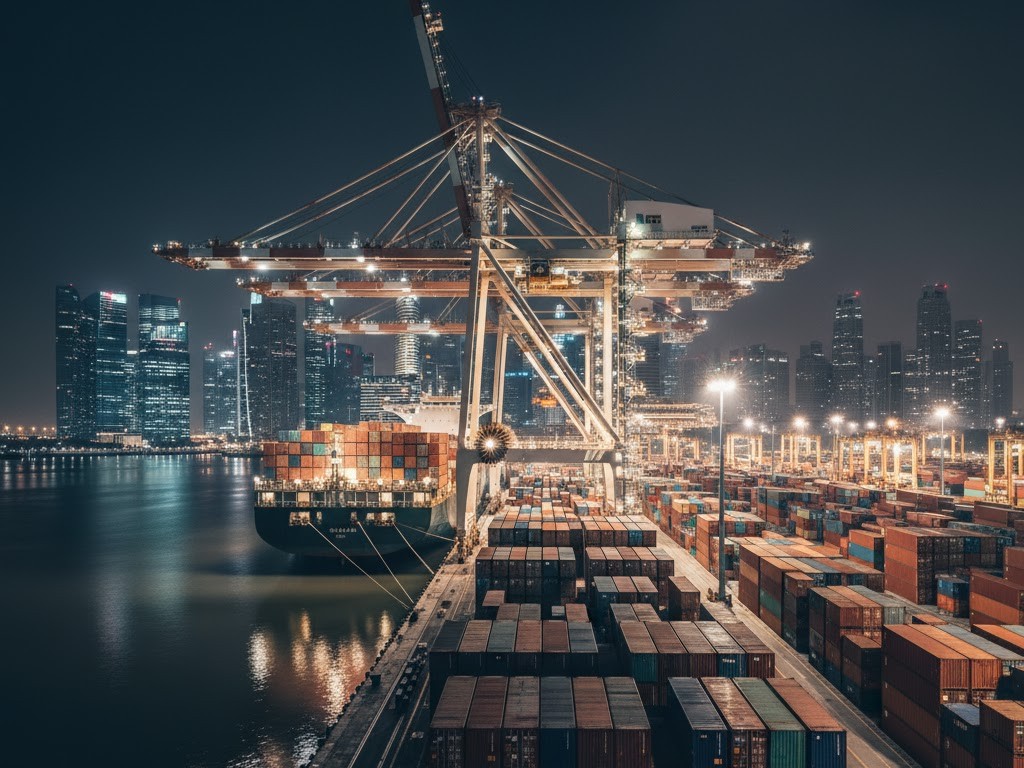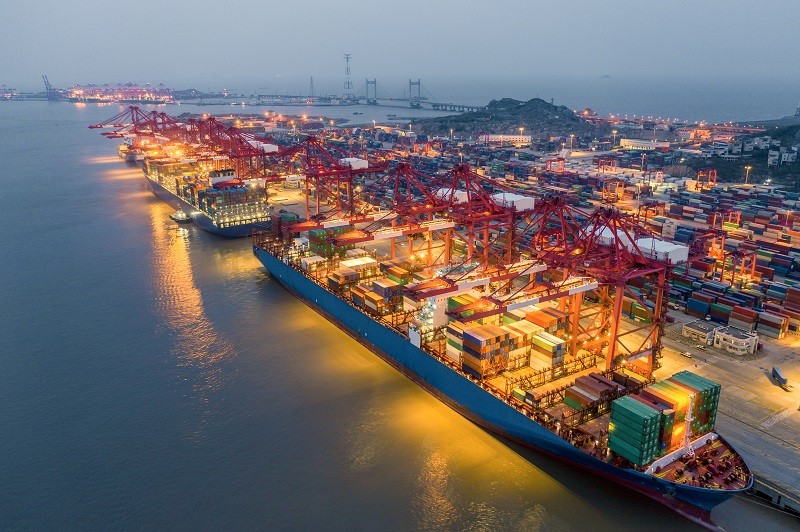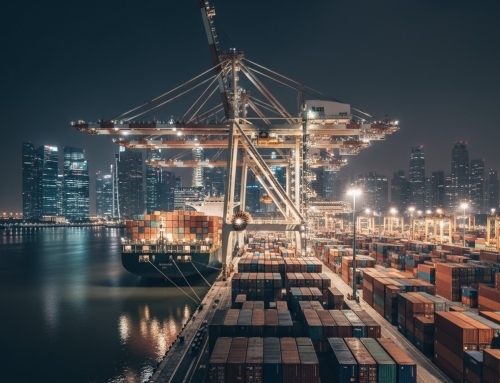by jiawen
Share
Share
Enforcement Actions Taken by Singapore Customs
Singapore Customs conducts random inspection to enforce regulations and ensure traders’ compliance to strategic goods controls and its applicable laws. In the latest InSYNC Magazine, Issue 63, Singapore Customs has revealed that a company and its directors were found guilty for exporting strategic goods without a permit. Between 2015 and 2018, the company had failed to apply for a strategic goods permit before exporting strategic goods such as electro-optical image acquisition modules, hyperspectral analysis bench and so on. Consequently, the company was liable to pay a fine of S$140,000 in September 2021 for the violation of Singapore’s export regulations. Meanwhile, the Singaporean man who was the director of the company was liable to pay a fine of S$120,000 for submitting false declarations of the country of origin of goods when applying for the permit with Singapore Customs.
Conclusion
Overall, it is important for traders to put in place effective control to ensure that the information provided to declaring agents for onward submission to Singapore Customs are accurate and correct. To be a responsible trader in Singapore, a trading company should develop a systematic process to help their employees determine if the goods and technology are controlled under SGCA which require them to apply for a permit. To facilitate the trade procedures, Singapore Customs has introduced TradeFIRST assessment framework which allows traders who achieve ‘Enhanced’ band to hold a bulk permit that helps improve their supply chain turnaround.
How We Can Help
In Alder, we provide consultancy services to help traders with the application of TradeFIRST and Singapore Customs Schemes, including:
- Provide TradeFirst Assessment Support
- Customs Licence/ Scheme Application Support (e.g. STS Bulk Permit Application, Zero-GST Warehouse Scheme Application etc.)
- Conduct Customs Procedures Training and Functional Training
- Review the Internal Compliance Programme (ICP) to close the compliance gap
Reference Materials
InSYNC (2022). ‘Scaling up Customs digital transformation through use of data’, Issue 63. Available at: https://www.customs.gov.sg/files/news-and-media/2022-05-13-Issue63.pdf
The strategic geographical location of Singapore at the crossroads of East and West contributes to its growth as a key trading hub. In order to facilitate trading business that is currently making significant contributions to the country’s economy, Singapore Customs has implemented various schemes and licences that meet different needs and requirements of traders.
Singapore continues to strengthen its position as a global trading hub through initiatives that streamline export processes and boost trade competitiveness. With steady growth in non-oil domestic exports and strong demand for electronics and petrochemicals, government frameworks like TradeFIRST help businesses reduce costs, improve efficiency, and expand internationally.
To curb the proliferation of weapons of mass destruction (WMD), Singapore enforces strict export controls under the Strategic Goods (Control) Act (SGCA). The Act regulates the transfer, export, and brokering of strategic and dual-use goods to safeguard the global supply chain. In a recent enforcement case published by Singapore Customs, a company and its director were fined over S$250,000 for exporting strategic goods without a permit and submitting false declarations. Businesses are urged to implement strong internal controls and accurate trade declarations to ensure compliance and avoid severe penalties.






